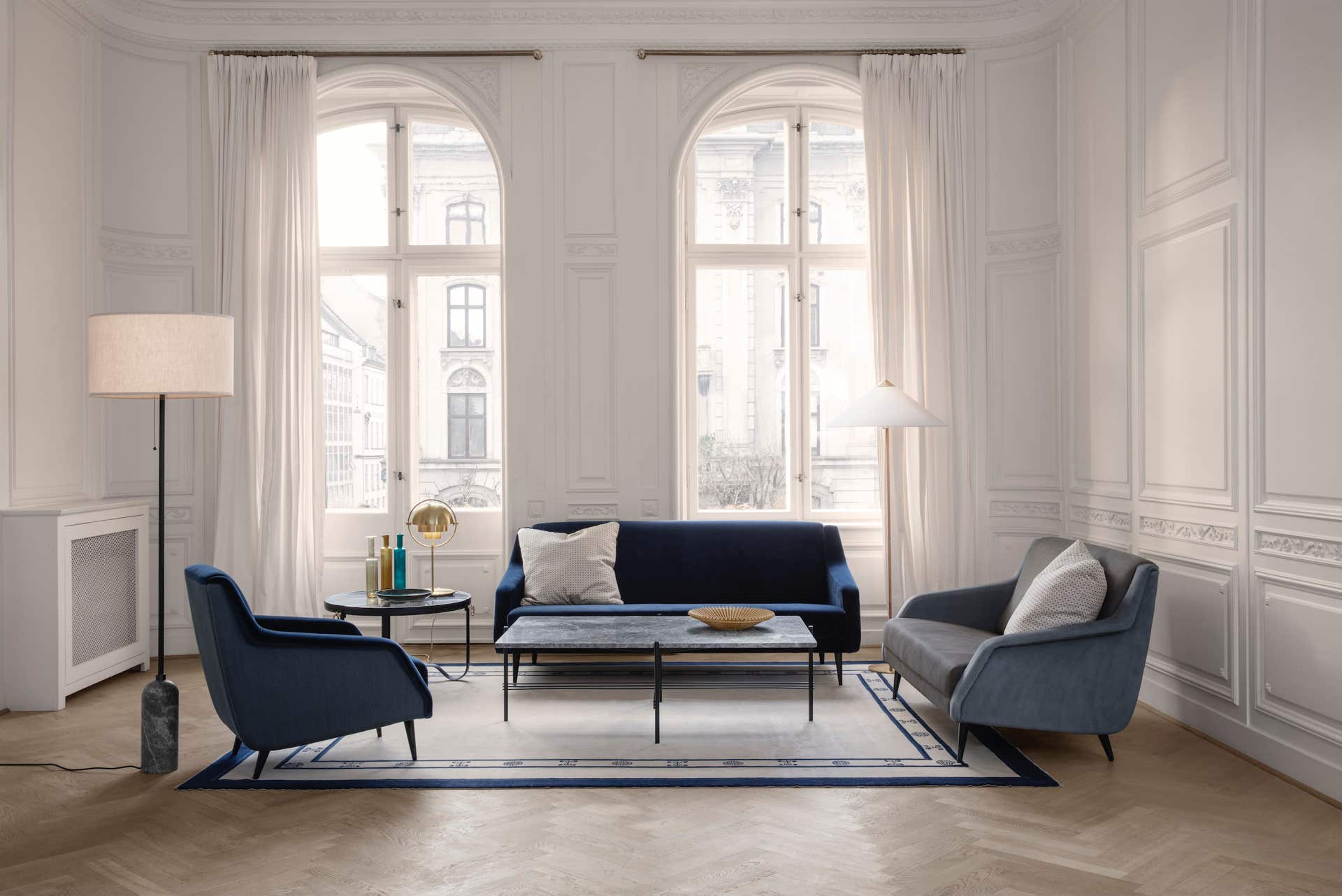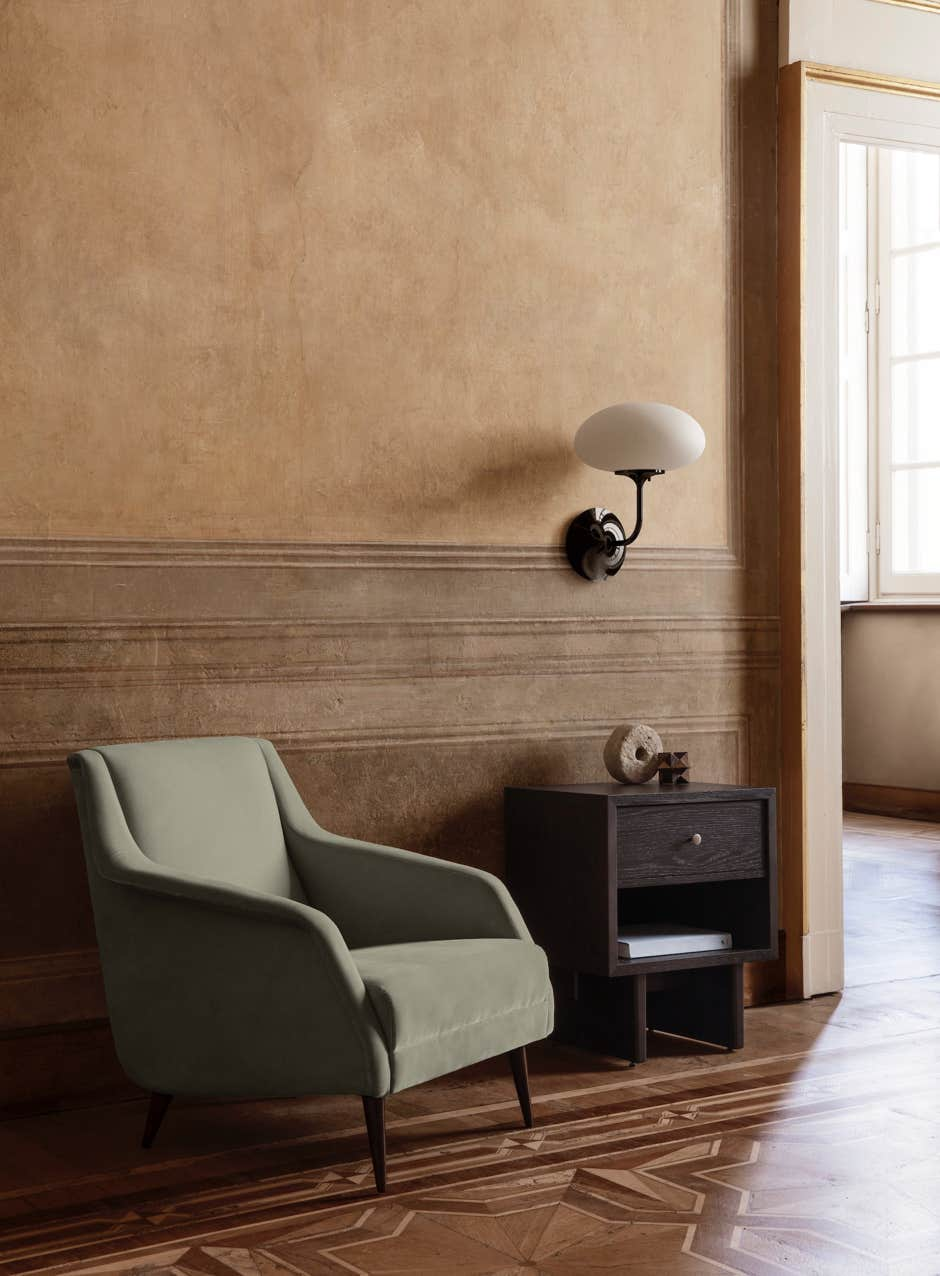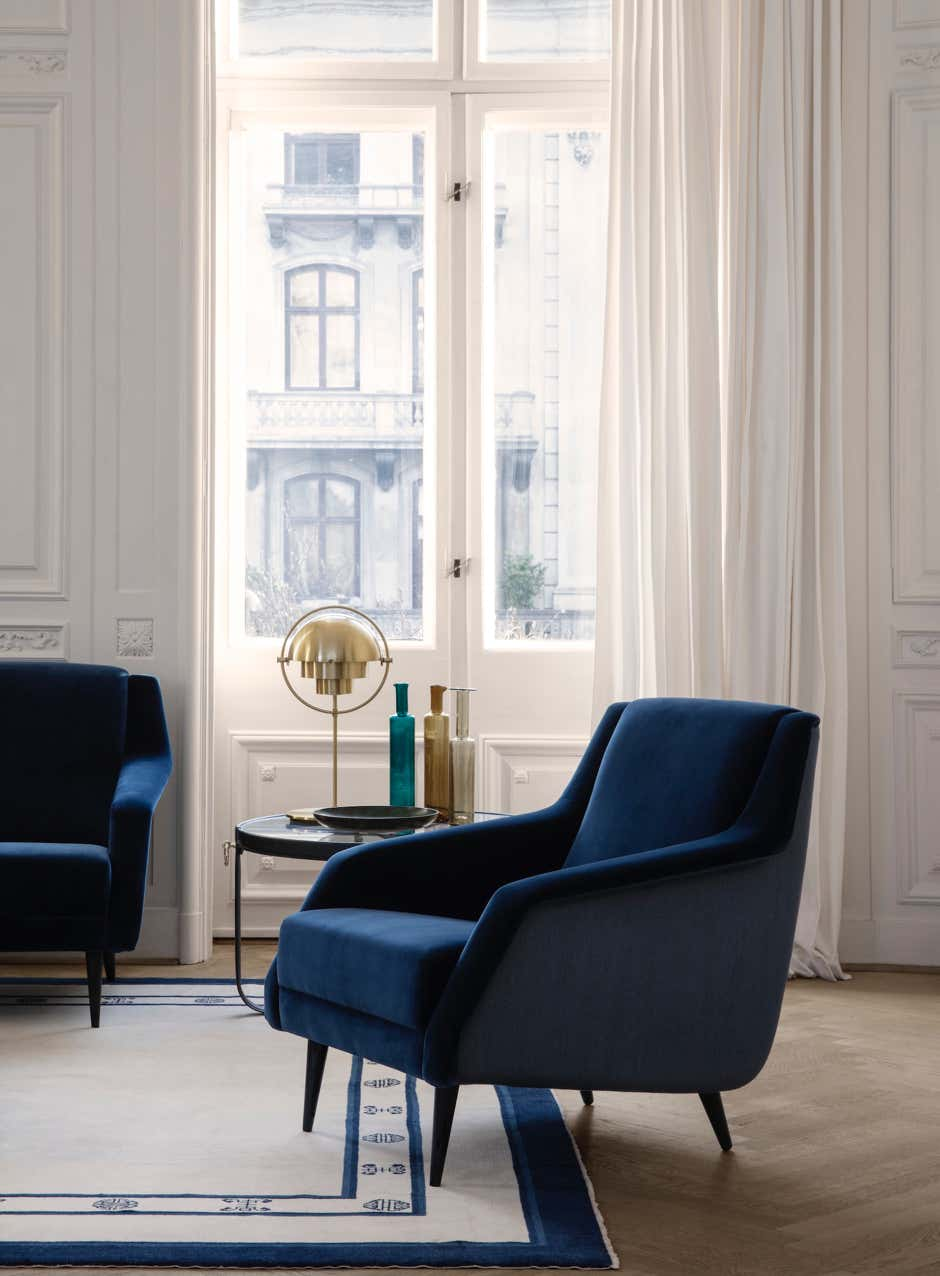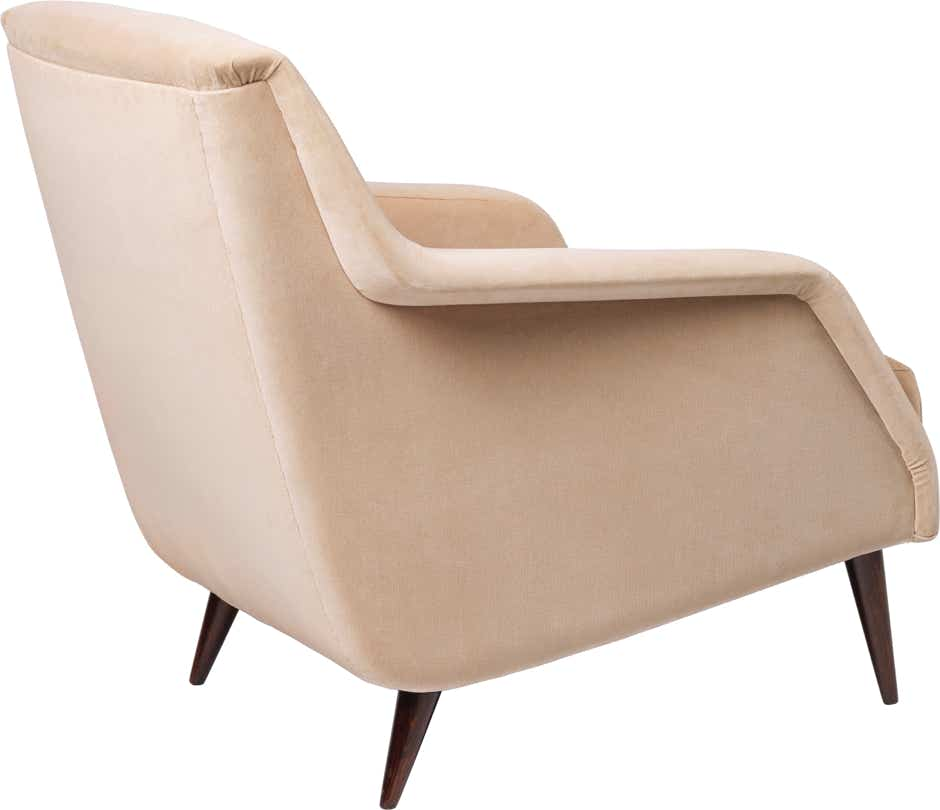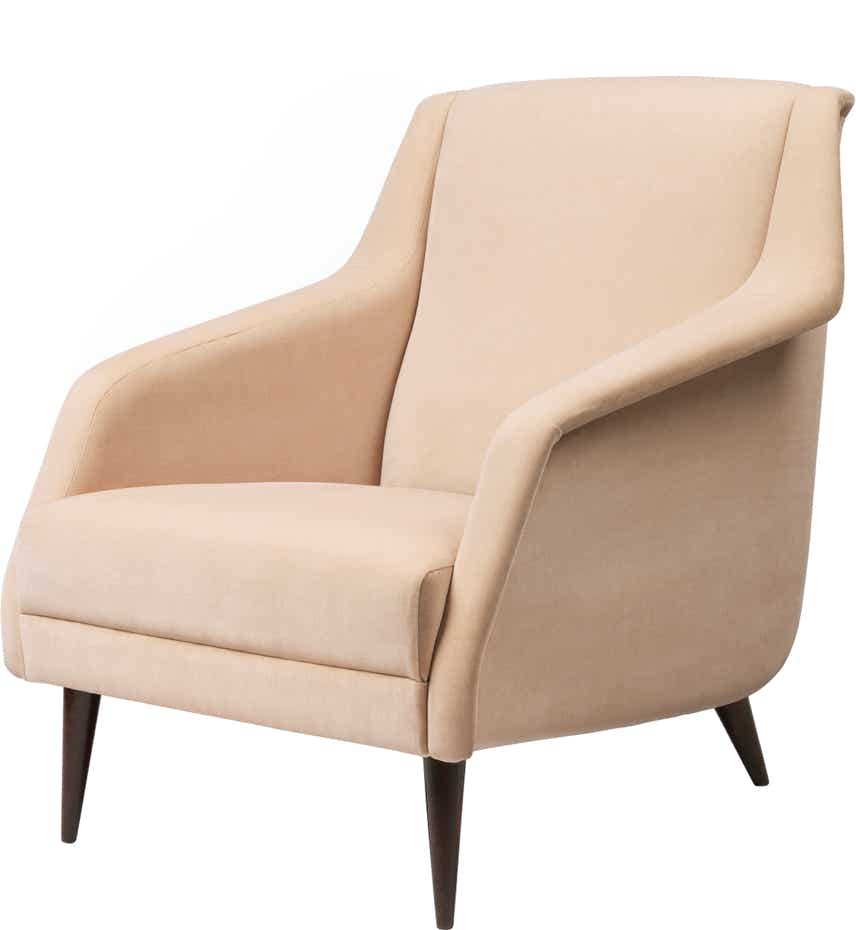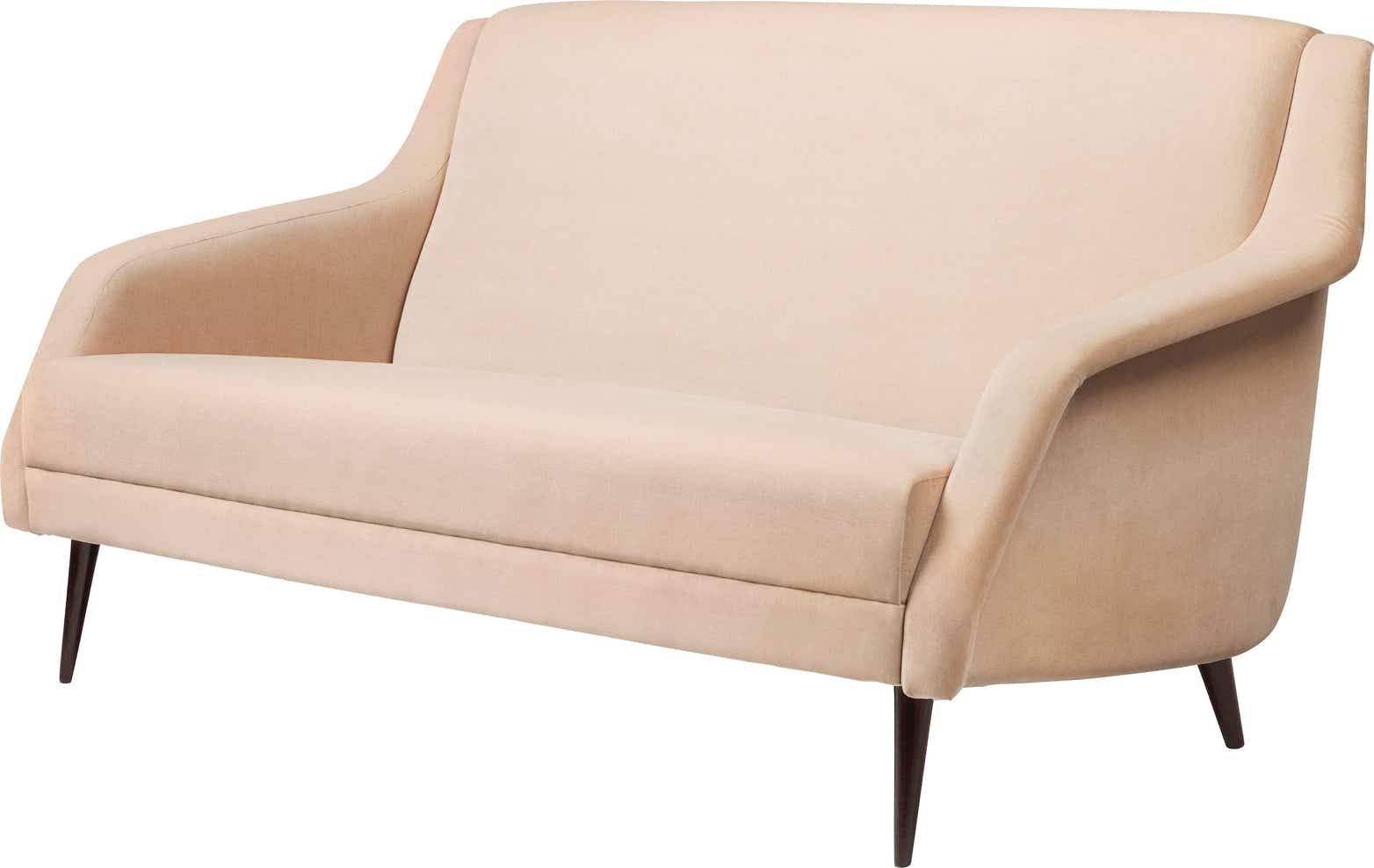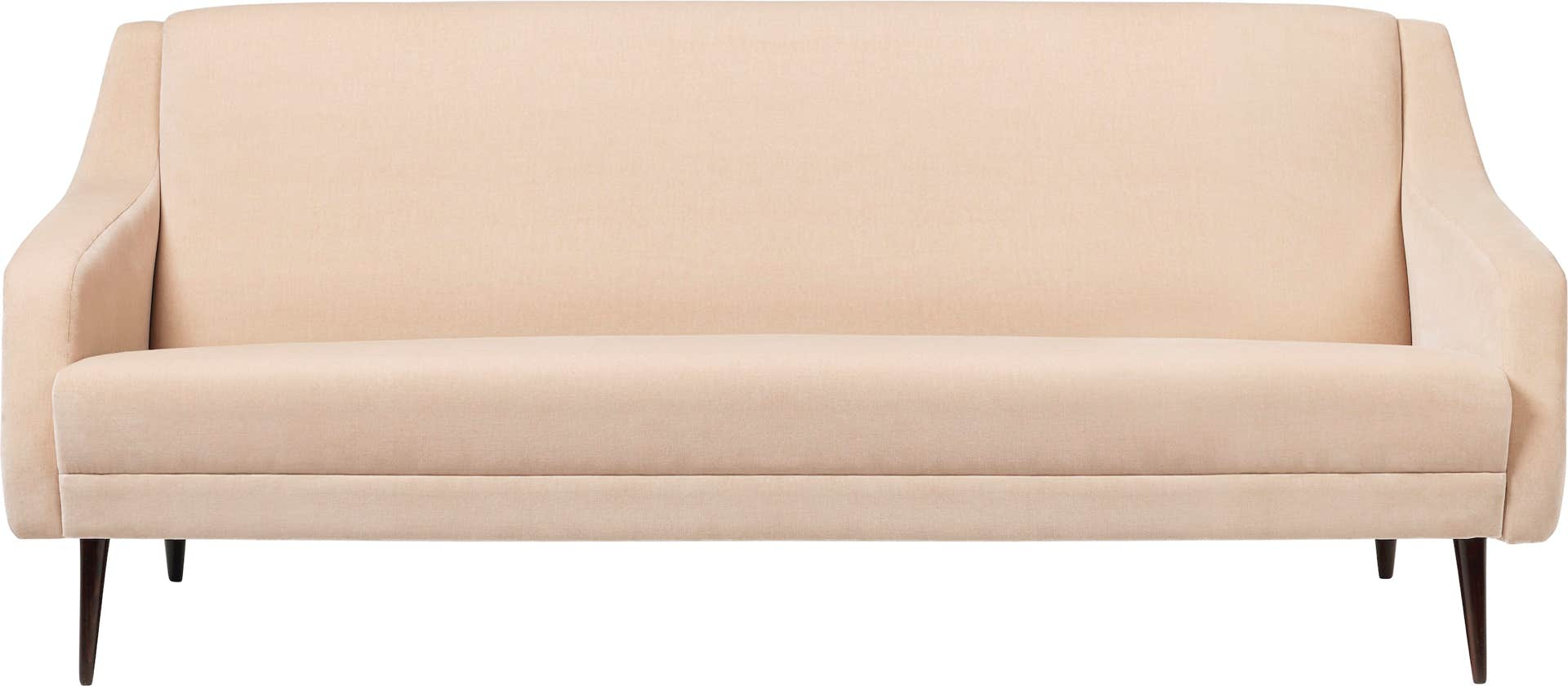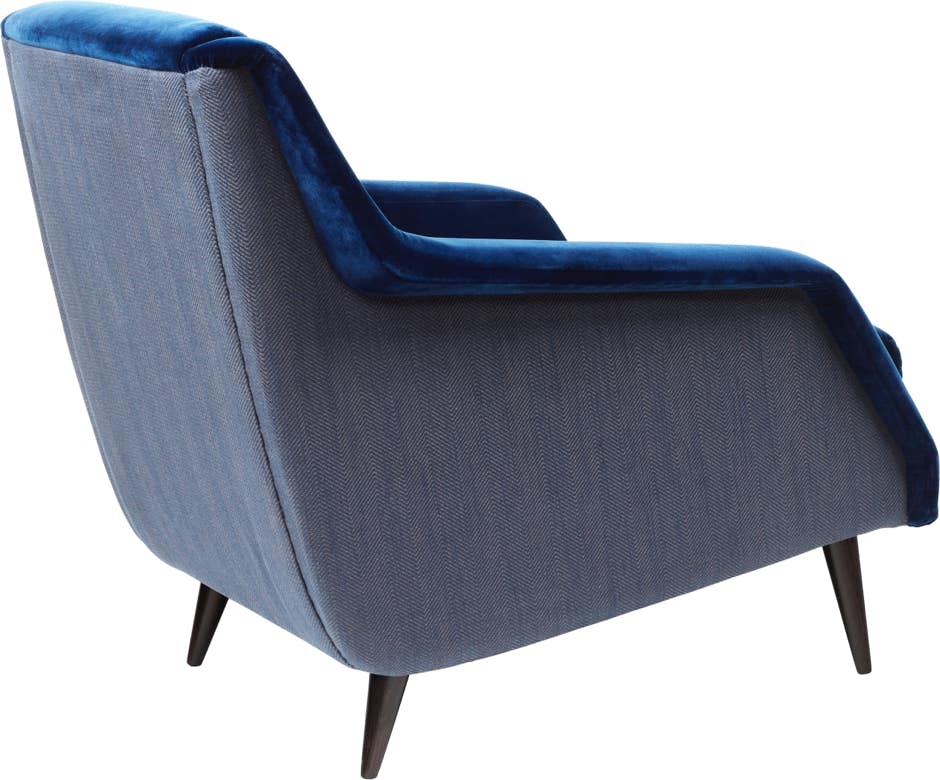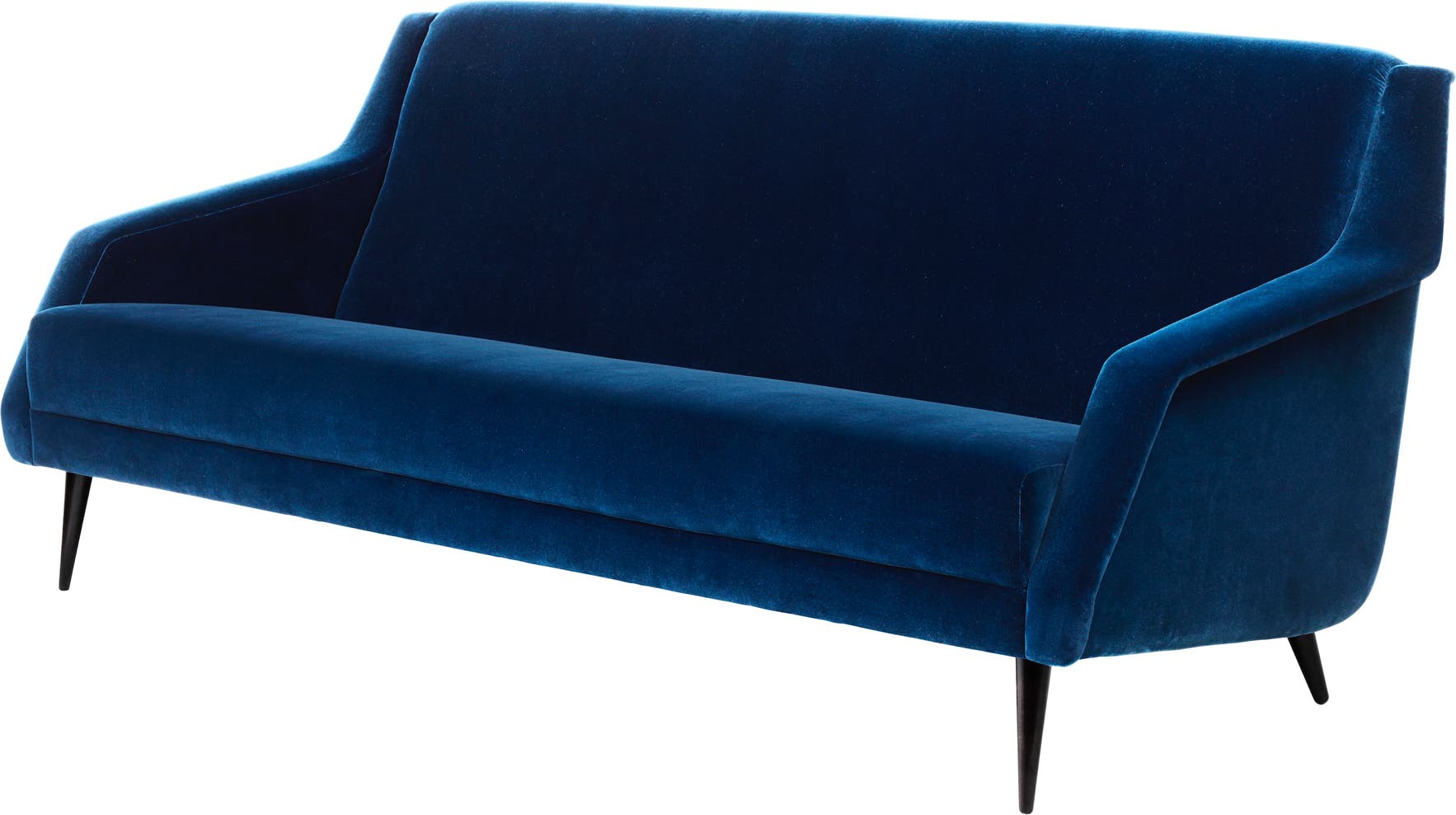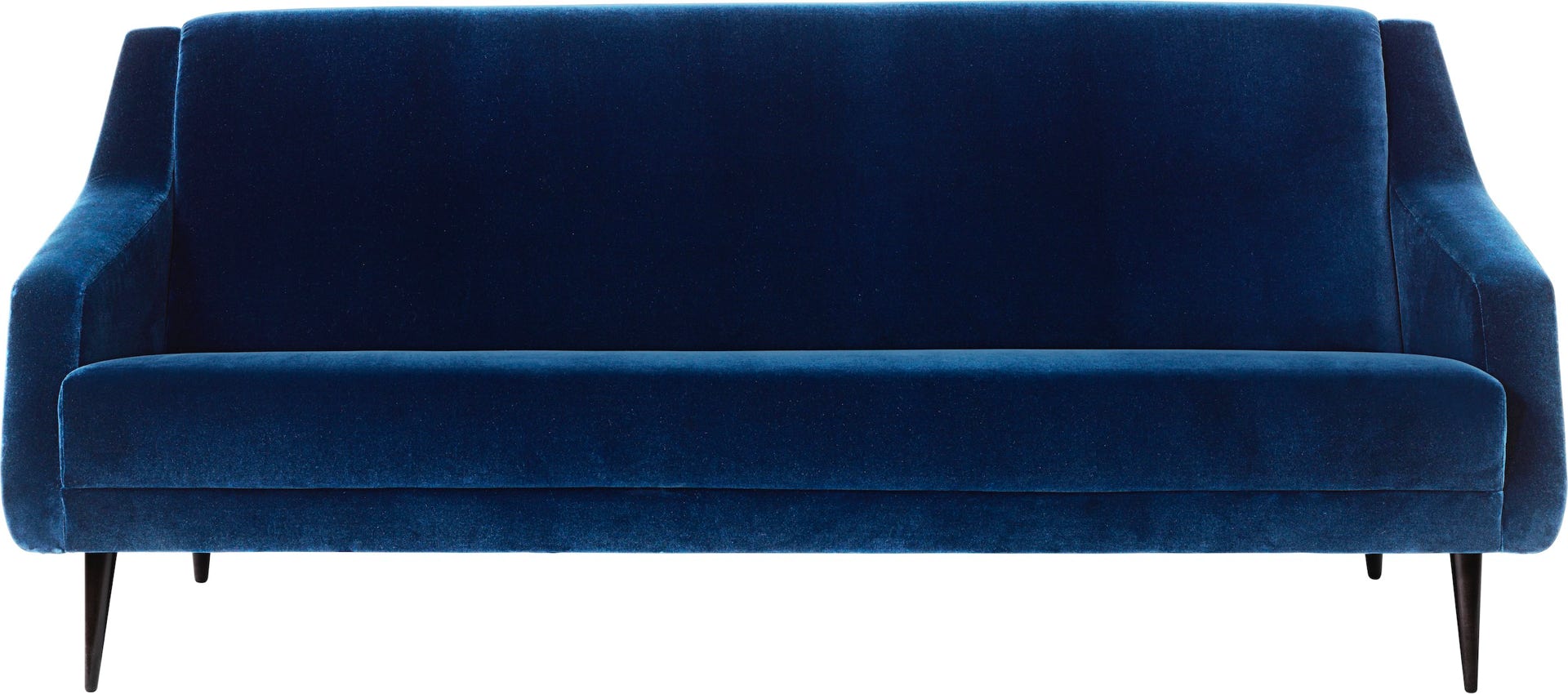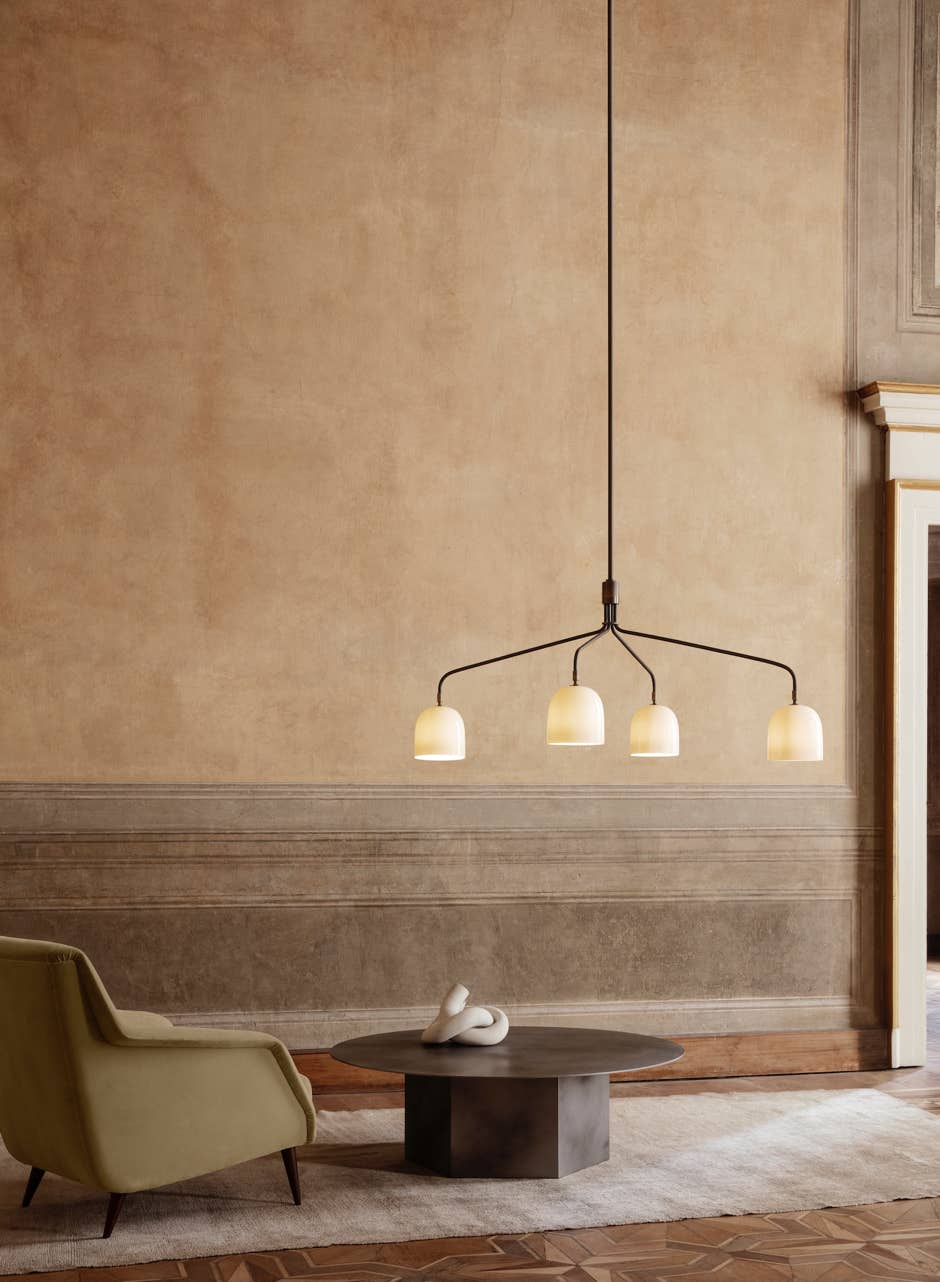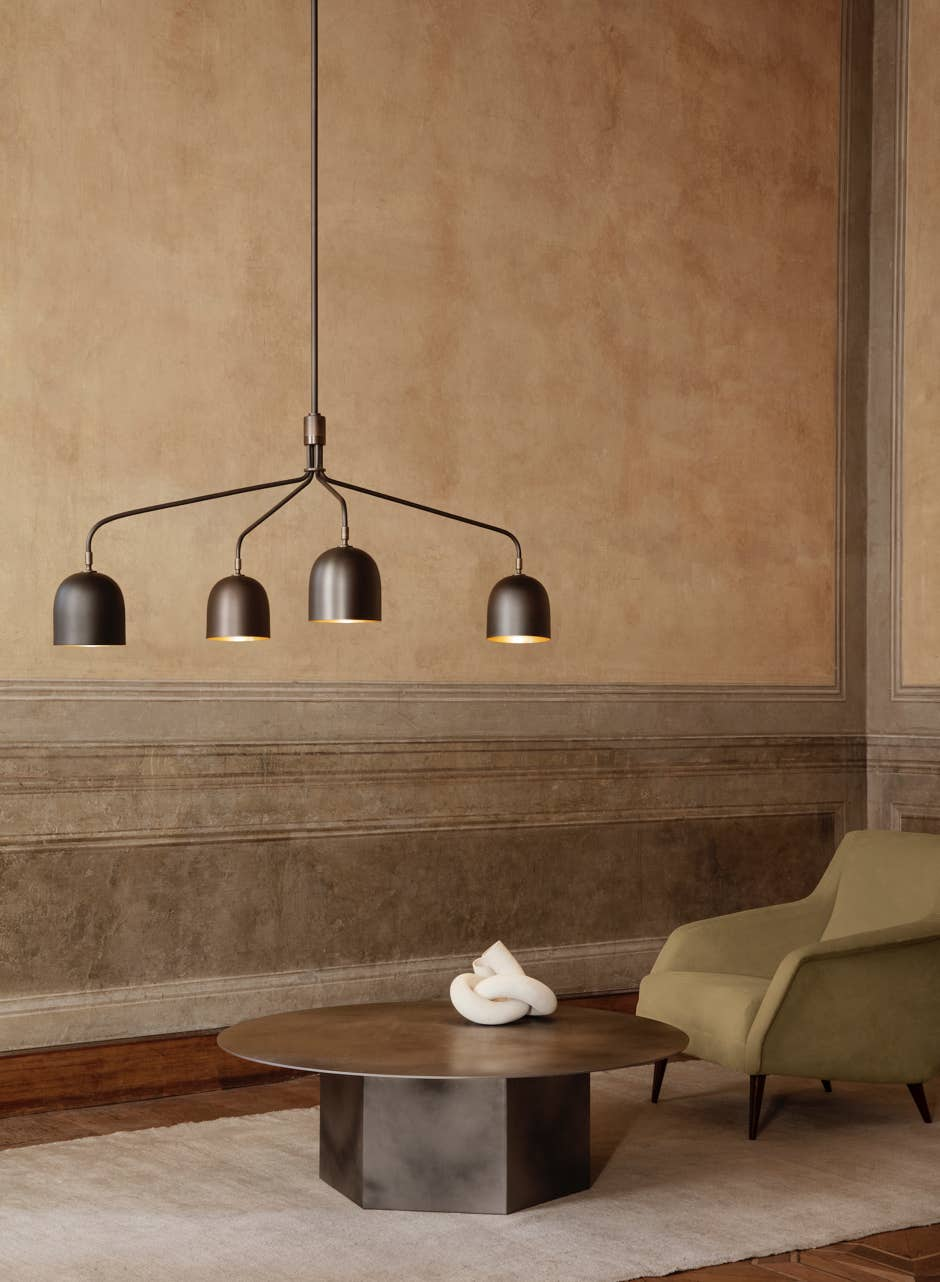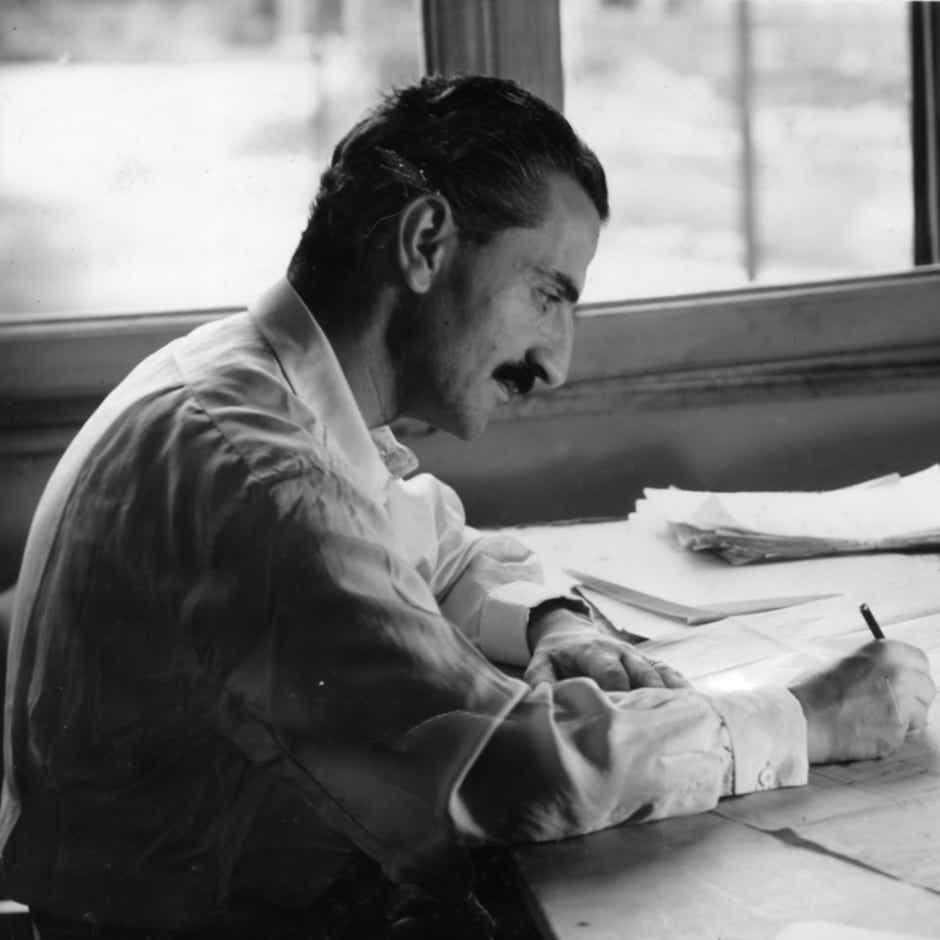Carlo De Carli (1910-1999) was not only an architect and designer who had a profound impact on 20th century design, but also one of Italy's most renowned and respected teachers, who left his mark foundation of theoretical reflections and ethics of behavior for a whole generation of architects.
Carlo De Carli graduated in architecture from the Politecnico di Milan in 1934 – a university with which he was strongly linked throughout his career, being dean of the Faculty of Architecture from 1965 to 1968 and teaching there until 1986 A respected scholar and writer, his philosophy centered on the integration of space, matter, the human body and gesture, and it was with this ideology that he entered into a dialogue between design, universities and the craft world.
He worked for years with the legendary architect and designer Gio Ponti, which allowed him to shape his language and his approach to design. Later he set up his own studio, where his design quickly became widely recognized and produced by some of the most important and innovative Italian design companies.
A keen sense of modern materials, design and industry and a willingness to experiment and invent characterize Carlo De Carli's contribution to post-war architecture and design and have earned him the reputation of to be one of the greatest masters of Italian design.




